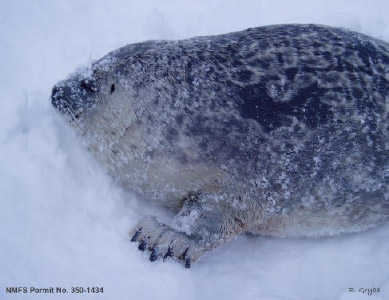Indigenous Knowledge invaluable in identifying important habitats
Indigenous Knowledge can provide a holistic understanding of species’ habitat use given that it contains observations of multiple species across seasons and includes animals’ complex relationships with other species and habitats.
Student Profile: Shabnam Shadloo
Shabnam is a third-year PhD student at the Institute for the Oceans and Fisheries (IOF) under the supervision of Marie Auger-Méthé. Her research focuses on the movement ecology, behaviour, and disease dynamics of Larus glaucescens (glaucous-winged gulls) within coastal and urban environments.
RSC College induction ceremony
Dr. Marie Auger-Méthé inducted into the RSC College of New Scholars, Artists and Scientists. Nov. 2024.
RSC College induction ceremony
Dr. Marie Auger-Méthé inducted into the RSC College of New Scholars, Artists and Scientists. Nov. 2024.
RSC College induction ceremony
Dr. Marie Auger-Méthé inducted into the RSC College of New Scholars, Artists and Scientists. Nov. 2024.
RSC College induction ceremony
Dr. Marie Auger-Méthé inducted into the RSC College of New Scholars, Artists and Scientists. Nov. 2024.
RSC College induction ceremony
RSC College induction ceremony, Nov. 2024. Dr. Andrea Reid and Dr. Marie Auger-Méthé
RSC College induction ceremony
RSC College induction ceremony, Nov. 2024. (l to r) Dr. William Cheung, Dr. Andrea Reid, Dr. Marie Auger-Méthé








